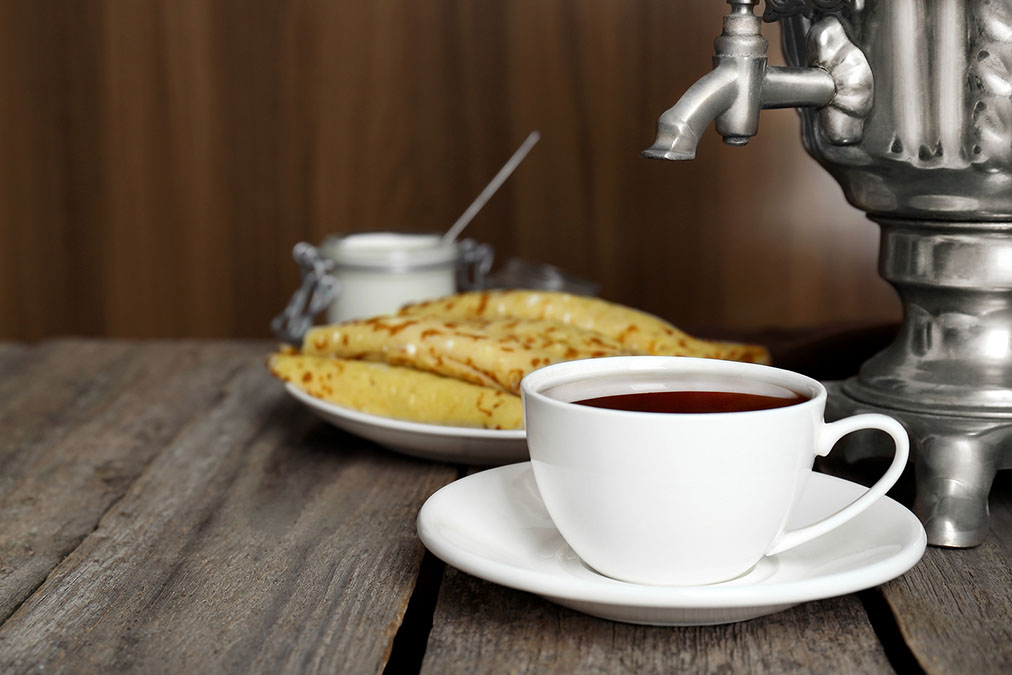 The traditional medical system has no cure for gout. Its only suggestion is to cut out a few food items, such as red meat and alcohol.
The traditional medical system has no cure for gout. Its only suggestion is to cut out a few food items, such as red meat and alcohol.
However, two new studies have appeared in scientific journals revealing a specific drink that can drastically tackle gout.
By drastically, we’re talking about up to 100%!
In the first of the two studies, published in Rheumatology, researchers analyzed data on 447,658 UK Biobank participants, all initially devoid of gout symptoms. The researchers recorded the participants’ tea consumption and then checked which of them developed gout in the following years.
Over a median period of 13.42 years, 3,053 cases of gout were reported. Compared to those who did not drink tea, those who drank more than six cups of tea daily had a 23% lower risk of developing gout.
This finding seems to suggest that tea consumption prevents gout, right?
Not quite.
It is also possible that a healthy gout profile, through some still unidentified process, causes people to crave tea.
This is a typical shortcoming of what scientists call an observational study. A link between tea consumption and gout occurrence, for example, does not prove that one causes the other.
The strongest conclusion that can be drawn is that the two are somehow related.
How can we determine whether there is a causal relationship between tea consumption and gout?
The second study on the same topic, published in the latest edition of Frontiers in Genetics, addresses this question.
Scientists obtained datasets pertaining to different genetic variants. One of the datasets involved genes related to tea intake, and the other three involved genes related to gout.
For the genes that predicted tea intake, the researchers recorded whether the people with and without those genes later developed gout.
For the genes that predisposed people to gout, they recorded whether people with and without those genes became tea drinkers or not.
This is an example of a great way to test causal relationships. The genes are the causes, and the later events are the effects.
This study confirmed that the relationship found in the previous study is, in fact, a causal one.
-
1. Tea consumption decreased genetically gout-prone participants’ risk of gout by more than 50%.
2. Conversely, reduced tea consumption increased the participants’ risk of gout by almost 100%.
This means that increasing your tea intake can offer protective benefits against gout. These findings are crucial, especially considering the debilitating nature of gout and its impact on an individual’s quality of life.

 Overcoming IBD
Overcoming IBD Multiple Sclerosis
Multiple Sclerosis Banishing Bronchitis
Banishing Bronchitis Gum Disease Gone
Gum Disease Gone Overcoming Onychomycosis
Overcoming Onychomycosis Neuropathy No More
Neuropathy No More The Prostate Protocol
The Prostate Protocol Brain Booster
Brain Booster
 Ironbound
Ironbound
 Solution for Shingles
Solution for Shingles
 The Bone Density Solution
The Bone Density Solution
 The Ultimate Healing Protocol
The Ultimate Healing Protocol
 The Parkinson's Protocol
The Parkinson's Protocol
 The Chronic Kidney Disease Solution
The Chronic Kidney Disease Solution
 Overthrowing Anxiety
Overthrowing Anxiety The Fatty Liver Solution
The Fatty Liver Solution The Hypothyroidism Solution
The Hypothyroidism Solution
 The End of Gout
The End of Gout The Blood Pressure Program
The Blood Pressure Program
 The Oxigized Cholesterol Strategy
The Oxigized Cholesterol Strategy
 Stop Snoring And Sleep Apnea Program
Stop Snoring And Sleep Apnea Program
 The Arthritis Strategy
The Arthritis Strategy The Vertigo & Dizziness Program
The Vertigo & Dizziness Program The 3-Step Diabetes Strategy
The 3-Step Diabetes Strategy Hemorrhoids Healing Protocol
Hemorrhoids Healing Protocol The Erectile Dysfunction Master
The Erectile Dysfunction Master Weight Loss Breeze
Weight Loss Breeze The IBS Program
The IBS Program The Insomnia Program
The Insomnia Program The Migraine and Headache Program
The Migraine and Headache Program The Neck Pain Solution
The Neck Pain Solution The Menopause Solution
The Menopause Solution The Ejaculation Master
The Ejaculation Master The TMJ Solution
The TMJ Solution The Acid Reflux Solution
The Acid Reflux Solution The Fibromyalgia Solution
The Fibromyalgia Solution The Psoriasis Strategy
The Psoriasis Strategy